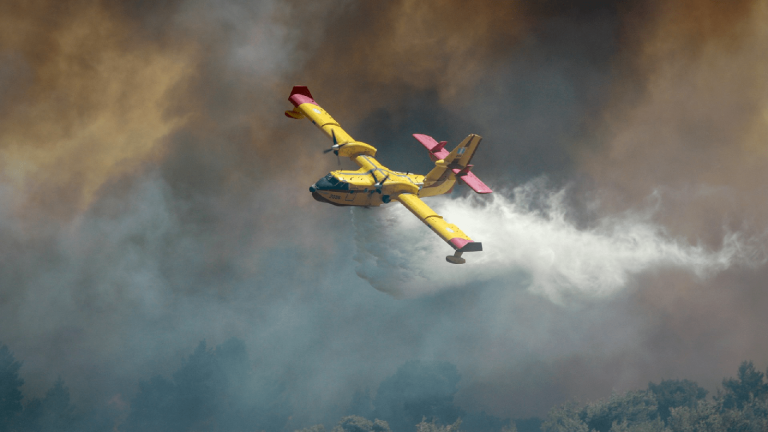If you're not paying special attention, and depending on where you live, you might think wildfires are just wildfires. You might think of fire as always, either scary (Smoke Bear) or naturally healthy (Regenerative). But none of this is true. In fact, the wildfire story of our time continues to evolve. Here's what it looks like as of late summer 2024—with an emphasis on wildfire behavior.
Global overview:
Regional overview:
Overview of fire behavior:
Firestorm and other specific behavior changes:
- The new meaning of 'fire weather': “A wildfire in Canada became so intense it created its own weather,” The New York Times' Austin Gaffney. For a 3D simulation of such fires in 2021, see “Understanding How the Dixie Fire Creates Its Own Weather,” by Nadja Popovich and others, in the New York Times.
- For an unusual news story that directly addresses the emotional impact of experiencing such fires and reading about them, see “Western wildfires bring heartbreak and anxiety as Jasper burns, thousands flee.” Guy Taylor , “Energy Portfolio.”
- “Hot nights fuel California wildfires, complicating containment efforts.” Austin Gaffney, The New York Times. Firefighters can no longer trust that the fire will slow down overnight.
- The threat from wildfires in the United States is growing. Just look at Kansas. John Herron, column, The Washington Post. Open year-round; Midwest; In a country where climate change is in question and nearly all land is privately owned.
- “Not too wet, won't burn.” Madeleine Ostrander, Hakai Magazine. Ancient rainforest. (Some of the world's largest wetlands, such as the Pantanal in South America, have also been burning.)
- “Yes, even most temperate areas of the United States can and will burn.” Kelly Moore, Vox. The role of highly flammable invasive species is growing in the United States and elsewhere.
New response strategies:
Finally, there are two very interesting illustrated talks on YouTube that both shed light on past and present fire behavior:
We help millions of people understand climate change and what to do about it. Help us reach more people like you.
